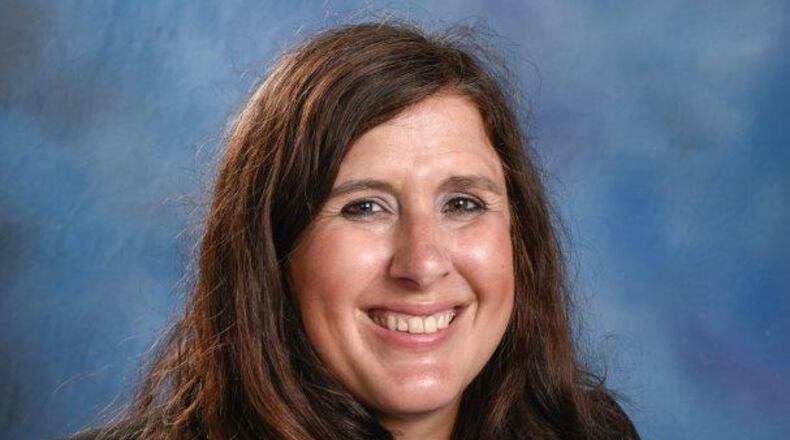“Most of the financial abuse is not even reported,” Rodriguez said.
Elder financial abuse can take many forms.
Many times the victim has given a relative access to a checking account, and that person takes the money for his or her own use instead of for the older one’s care, he said. In other cases, a caregiver doesn’t have direct access to the funds but asks for money instead. Caregivers may also steal jewelry or other items of value.
But relatives aren’t the only ones who break the trusting relationship between a caregiver and the one being cared for.
In one example, a paid caregiver asked her elderly client for money to purchase a car, Rodriguez said. The client then asked an adult child to write a check to the caregiver. Instead, the child reported it to the caregiver’s agency, and the caregiver was fired.
Rodriguez suggests that financial reviews for older clients also include those taking care of the client’s monetary issues. As a financial adviser, he also watches the accounts that he manages for red flags, such as unfamiliar withdrawals.
Conversations involving family and finances can be difficult, but Rodriguez said that older adults should consider a living trust as well as naming someone they trust as a power of attorney in order to further protect themselves from fraud.
But preventing elder financial abuse can be difficult.
“If someone wants to take advantage of someone, they’re unscrupulous,” said Kristina Rainer, a partner at Roberson Law who is a certified specialist in estate planning, probate and trust law.
If older adults are comfortable doing so and have a trusted individual, they should tell that person the extent of their assets and where those assets are located, Rainer said. They also can write that person a letter that includes where to find pertinent information such as usernames and passwords in case of an emergency.
Rainer recommends having a group of trusted advisers – including relatives, financial advisers and an attorney – to turn to when there is a threat of financial abuse and who can take action to reverse any fraud that has already occurred.
Attorneys can watch for signs such as sudden changes to longstanding plans, she said. For example, if a specific relative has been the financial power of attorney for a long time and all of a sudden the client wants to switch it to a new caregiver, that could be a tip-off.
“The attorneys are on the frontline of catching that kind of abuse,” she said.
Rainer said that being aware of the potential for financial fraud and monitoring accounts can help to prevent abuse. Often elderly individuals are embarrassed if they have been a victim of fraud, but they should overcome the stigma, report it and take the necessary legal action if there has been a theft.
“These are con artists, and they’re good at what they do,” Rainer said.
About the Author


